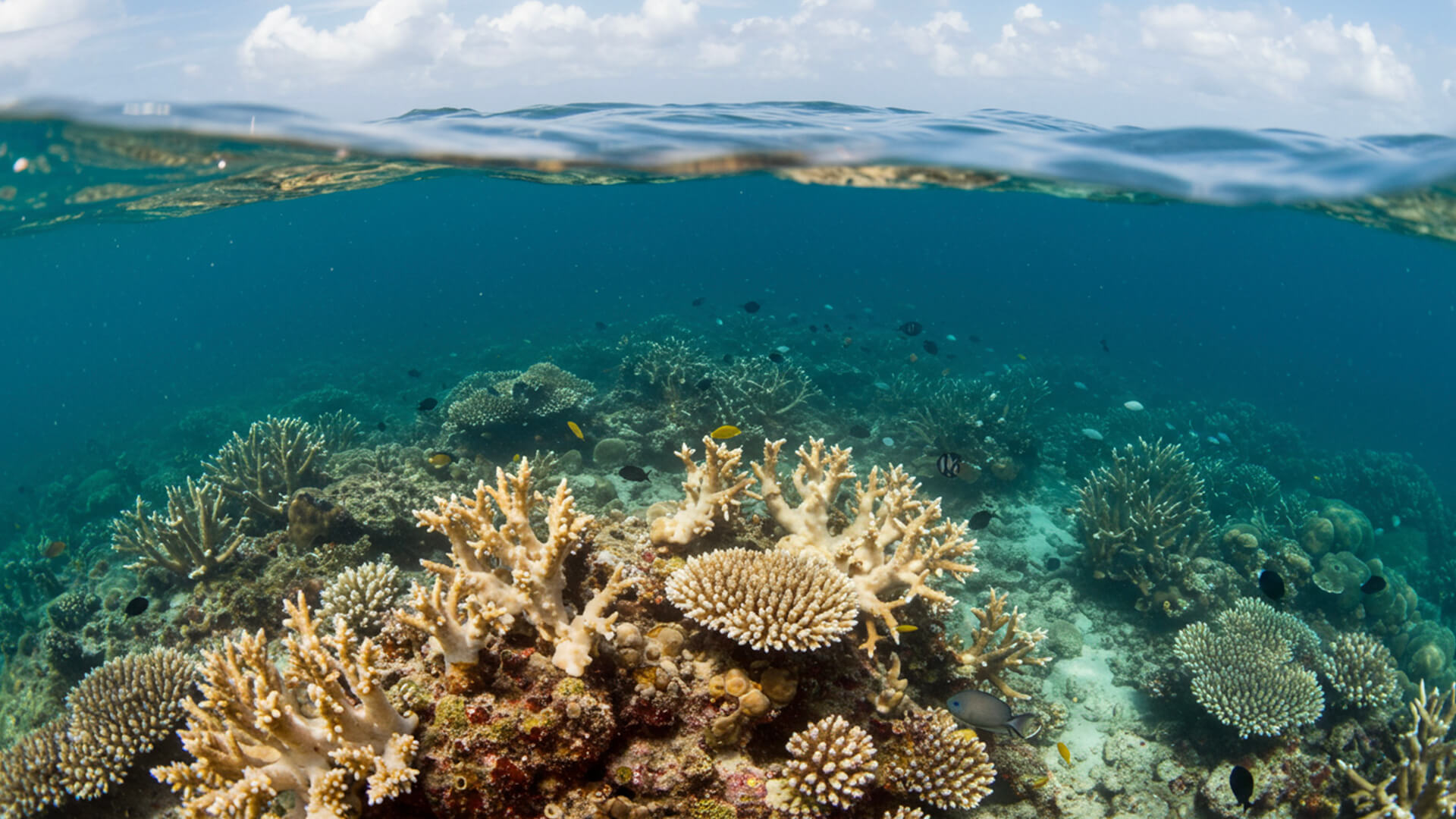Our Earth’s Legacy: The Present and Future of Marine Ecosystems
07 Mart 2025Marine ecosystems are considered some of the most valuable and biologically diverse areas on our planet. Marine life has evolved over millions of years and today plays a crucial role in sustaining life on Earth. However, human activities have significantly threatened these ecosystems in recent years.
In this blog post, we will explore the current state and future of marine ecosystems, while also sharing essential insights on how we can protect these vital ecosystems.
The Current State of Marine Ecosystems
Marine ecosystems encompass oceans, seas, lagoons, coral reefs, wetlands, and coastal areas. These ecosystems play a key role in regulating the global climate and sustaining biodiversity. However, in recent years, human-driven factors such as climate change, overfishing, pollution, and habitat loss have posed significant threats to marine ecosystems.
- Climate Change and Rising Ocean Temperatures
Climate change is increasing ocean temperatures, disrupting ocean currents, and causing ocean acidification. This has led to the destruction of sensitive ecosystems like coral reefs. Coral reefs are vital not only for marine life but also for coastal protection.
- Overfishing
Millions of people globally rely on marine products for sustenance. However, overfishing leads to the depletion of fish species and the disruption of the ecosystem balance. The overharvesting of fish and other marine life can collapse the marine food chain.
- Marine Pollution
Marine pollution, caused by fossil fuels, plastic waste, pesticides, and industrial discharge, has been steadily increasing. Plastic waste, in particular, creates a dangerous accumulation in oceans and harms marine life. Furthermore, oil spills can cause permanent damage to marine ecosystems.
The Future of Marine Ecosystems
The preservation of marine ecosystems in the future will depend on the steps we take today to ensure the health of these ecosystems and the biodiversity of our planet. Measures such as marine protected areas, sustainable fishing practices, and renewable energy projects can significantly contribute to the protection of marine life.
- Marine Protected Areas
Marine protected areas established around the world are a crucial step towards ensuring the sustainability of marine life and preserving biodiversity. In these areas, fishing and other destructive activities are prohibited, allowing marine ecosystems to naturally regenerate.
- Sustainable Fishing and Fisheries Management
Sustainable fishing practices are vital for preventing the depletion of marine species. Fishing policies and marine management agreements are important steps to protect marine ecosystems. Additionally, consumers should be encouraged to choose marine products that come from sustainable sources.
- Renewable Energy and Ocean Technologies
Renewable energy sources such as ocean wind and wave energy are technologies that allow for energy production without harming the environment. These types of energy projects can contribute to ocean protection by reducing the reliance on fossil fuels.
- Plastic Pollution and Solutions
Plastic waste entering the oceans is one of the biggest sources of pollution threatening marine ecosystems. Addressing this issue requires limiting plastic usage, increasing recycling rates, and undertaking ocean cleanup initiatives. The global fight against microplastics and their harmful impact on marine life is also critical.
The Importance of Protecting Marine Ecosystems
Marine ecosystems are essential not only for marine life but also for humanity. Ocean carbon absorption plays a crucial role in combating global warming. Furthermore, marine ecosystems provide food, income, and ecosystem services, benefiting billions of people worldwide. Therefore, protecting marine ecosystems is vital not only for nature but for all of humanity.
Biotrend’s Beneficial Activities for Ecosystems
At Biotrend, we take significant steps to develop nature-friendly projects, contribute to ecosystem protection, and build a sustainable future. Our activities in renewable energy help reduce the use of fossil fuels and protect oceans and marine ecosystems. Additionally, we ensure that our energy production processes utilize environmentally friendly technologies to minimize negative impacts on marine ecosystems and natural life.
By offering sustainable energy solutions, we are working to reduce carbon emissions that harm the oceans and contribute to the fight against climate change. As a company, we also engage in various local and global collaborations to promote the protection of biodiversity and reduce the factors threatening ecosystem health.
At Biotrend, we aim to raise awareness about the protection and sustainability of marine ecosystems, working in harmony with nature, and leaving a clean and healthy world for future generations. In all of our activities, adopting an environmentally friendly approach is not only essential for today but also for ensuring the sustainability of ecosystems tomorrow.
The present and future of marine ecosystems are of immense importance to the world. Combating threats such as climate change, overfishing, and marine pollution is everyone’s responsibility in ensuring the sustainability of these ecosystems. Measures like sustainable fishing, marine protected areas, and renewable energy projects play a critical role in marine conservation. Every step taken today will secure not only marine life but the future of our planet.
The future of our oceans will be shaped by the responsible actions we take today. We must raise awareness and take action to protect our Earth’s marine ecosystems for the generations to come.





